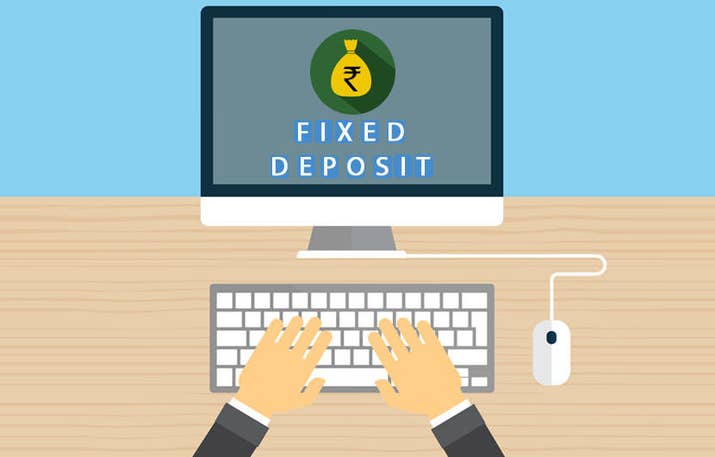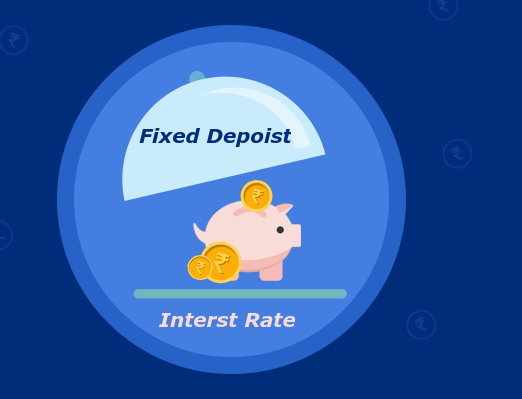While investing your savings for a better future, you try your best to make sure that your investment gets you better and secure gains. As investing in mutual funds or debt, funds require experience and knowledge. They are also risky, and you might even lose your money. The depositors who are investing for the first time can choose to invest in a FD for better returns and investment security.
Fixed deposits are simple to understand and do not require experience and knowledge for investment. It is easy to invest in FD, but you need to keep the following things in mind while investing in FD’s.

Maturity Period: The period during which the investor gains profit for the deposited amount in an FD is known as the maturity period. The maturity period for the FD’s start from 1 year to 5 years.
Type of Interest Scheme: The interest rates for Fixed Deposits remain the same, whereas there are two types of interest schemes that you can choose from:
Cumulative: In this type of interest scheme, the interest is compounded on a yearly rate and the money gained from the FD’s can be withdrawn on the maturity date.
Non-Cumulative: The Non-cumulative interest scheme is ideal for the investors who are in a constant need of money, as the interest amount in the Non-cumulative scheme compounds in monthly, quarterly, half yearly and annual basis.

Taxation: The income gained from the fixed deposit is taxable. The tax deducted for FDs is Tax Deducted at Source (TDS). If your income from FDs exceeds INR 10,000 for a year, then it is taxable under Section 80C of the Income Tax. You can avoid paying TDS by filling forms like 15G & 15H.
Fixed deposit investments can be beneficial, due to the high interests rates offered on them. The interest rate applied on a fixed deposit determines the amount of return that you will gain during the maturity period. The higher the interest rate applied on your fixed deposits, the higher interest amount you will be able to gain at the time of maturity.
Since 2016, the government has made many changes in the banking policies. The reforms introduced by the Reserve Bank of India (RBI) has had its major effect on the interest rates as with the new reforms the interest rate on FD was lowered. Due to which many investors turned away from investing in bank FDs.

The change in the interest rates offered by the banks was not acceptable and nor profitable for the investors. Seeing this, the NBFCs led the market by providing the marginal difference of 1 percent from the banks. This led people to invest in the NBFCs who provide FDs with higher returns.
The interest rates make a huge difference for the investment in FDs, as the returns on FD is dependent on the interest rates. It is very important that you choose a lender that is genuine. Even though he might offer high-interest rates on a FD, you must be sure that the lender is not fraudulent. You can also refer to the lender rating for credibility.







Leave a Reply: